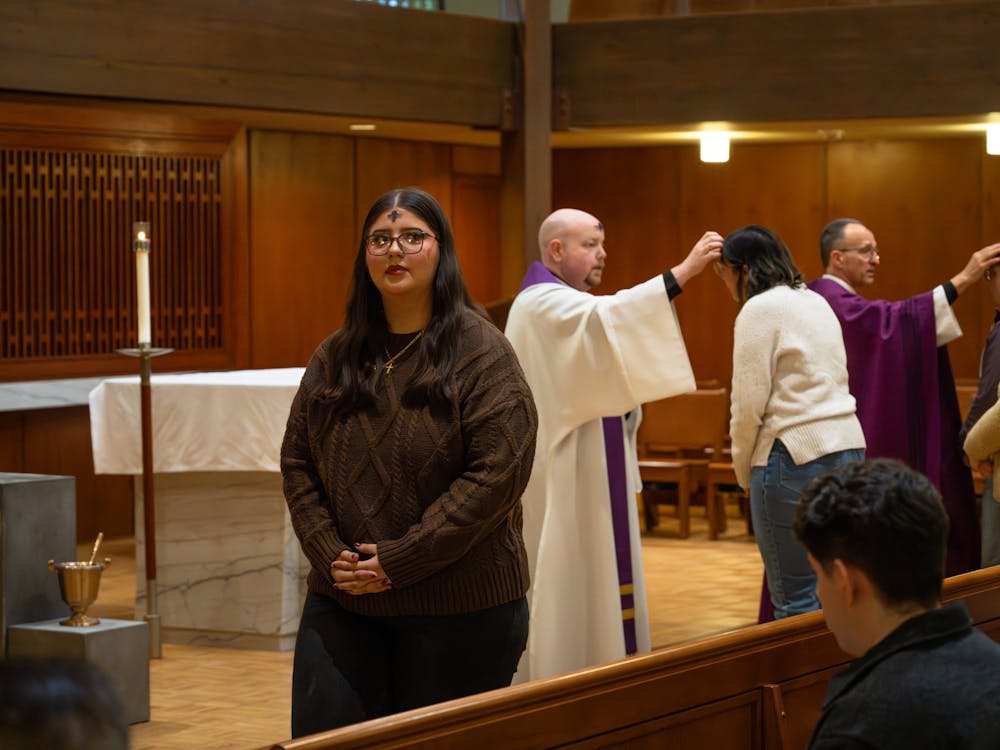by Valerie Smith |
“When we find love, we partake of heavenly bread and are made strong without labor and toil … Whoever has found love eats and drinks Christ every day and hour and from this is made immortal." In his homily, St. Isaac the Syrian stresses how love allows us to be successful in our pursuits. I struggled with this concept as a child when I was given small, colorful stones with words such as “strength,” “hope” and “love” written on them.
I had the strange idea that if some of these stones were inconspicuously tucked away in my pockets during a race, I would somehow gain an advantage due to the powerful words inscribed upon them. It is unsurprising to say that I ran slower that day. However, the greatest heaviness I felt was not from the stones, but upon realizing that reaching for thoughtless, self-seeking goals had actually robbed me from any chance of success.
If we act to satisfy our own self gain, we irrationally reach for beguiling and meaningless false hopes, only to become weighed down by them. Our aspirations for strength, hope, and love become impeded because we have reached instead for an illusion marked by pride, envy and selfishness.
Gradually we become fatigued, producing only increasing distance between one another. Moving forward in life requires that we remove these disingenuous burdens by seeking forgiveness. However, we cannot reunify without also forgiving one another. Otherwise, as St. John Climacus states, we act vainly as one "who is convinced he is running when in fact he is fast asleep," remaining halted by our own epitaphic barricades.
Forgiveness enables us to progress past our barriers by allowing love to nourish us instead. As Fr. George Gray explains in his essay Fanning the Flame of Christian Witness and Service, "it is the act of receiving the Bread of Heaven that purifies and empowers us for our diakonia." Filling ourselves with heavenly bread and letting go of our burdens allows us to pursue our diakonia, or ministry toward serving one another.
This concept is especially observed during Lent within the scene of the Last Supper. In the image, Christ offers a meal to the apostles that prepares them for their future ministry. Judas also shares in the meal, yet remains spiritually unprepared by averting himself and clinging instead to the weight of his betrayal.
It is Christ's outward gaze, though, which emphasizes that all are called to freely accept heavenly bread. Once doing so, we subsequently are meant to enter a ministry that mirrors Christ offering himself to all, regardless of the barriers that may exist.
Through facing others with similar humility and forgiveness, we remain resolute wherever our own diakonia may lead us. By being attentive to the course we take, we move beyond our ineffective burdens and instead toward serving one another.
We are particularly reminded during Lent to review the purpose of our efforts by fasting from the encumbrances we currently struggle with. Beyond Lent, however, refraining from the obstacles that keep us estranged from each other remains a lifelong fast we must continually seek in order to readily partake in a feast of eternal love.
Valerie "Vasiliki" Smith is a junior nursing student. She can be reached at smithv17@up.edu.








